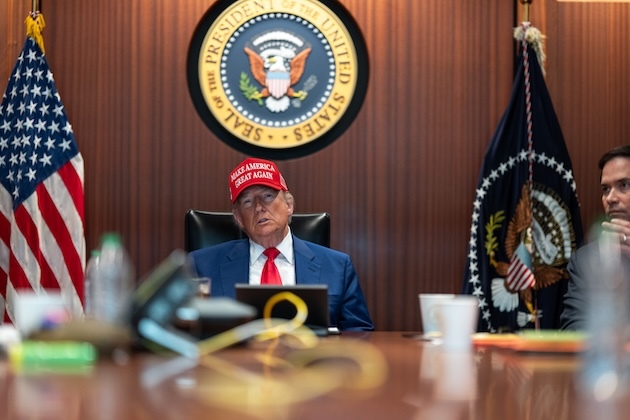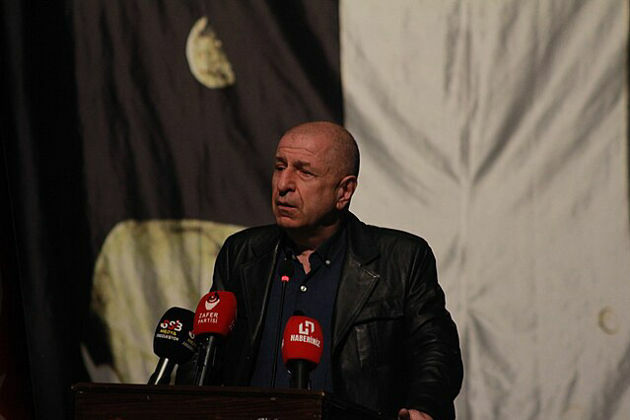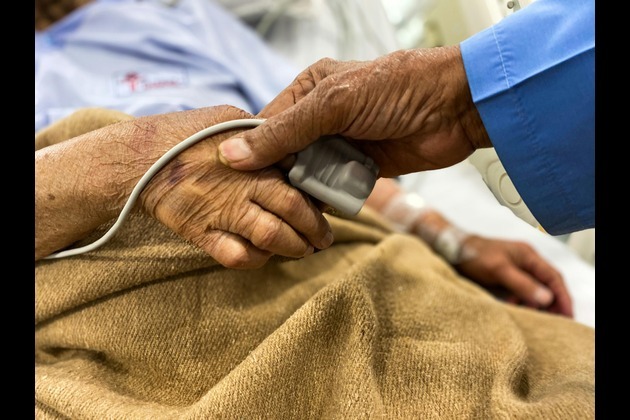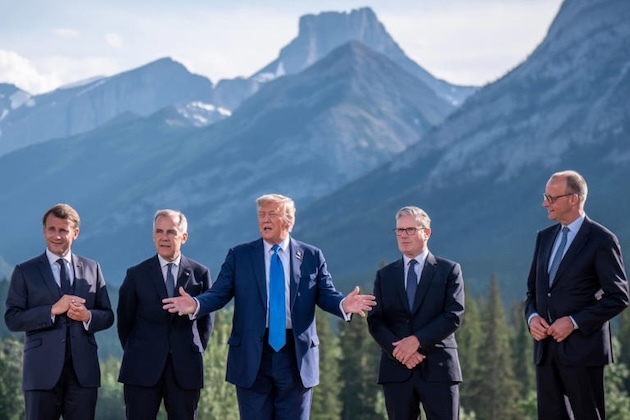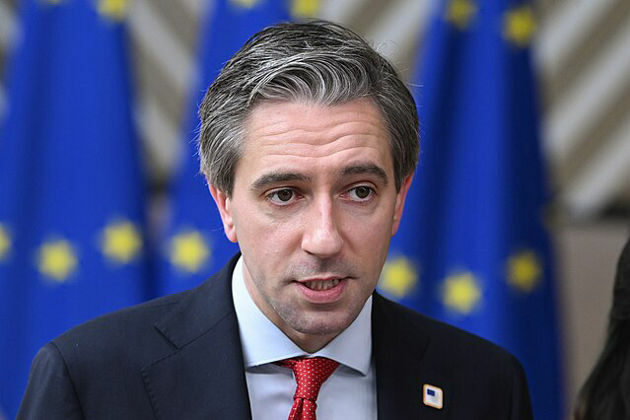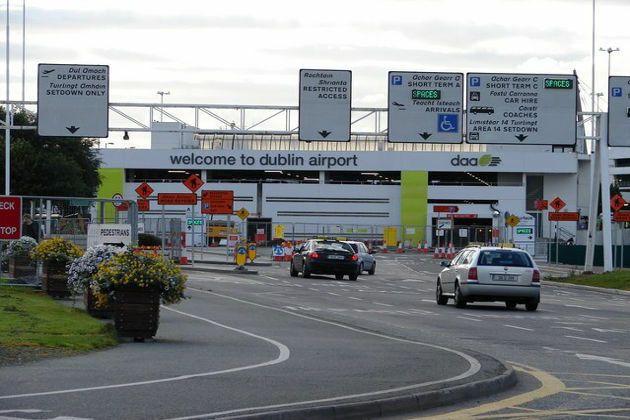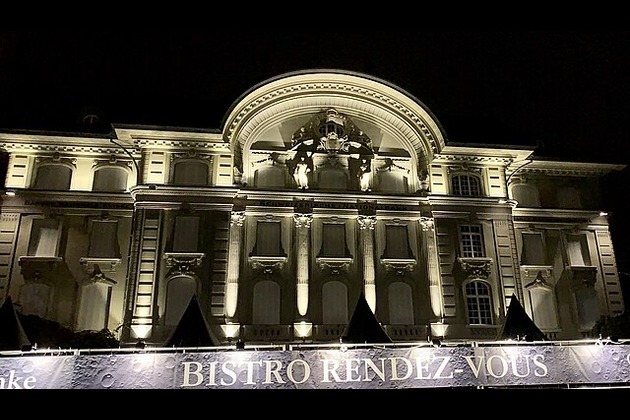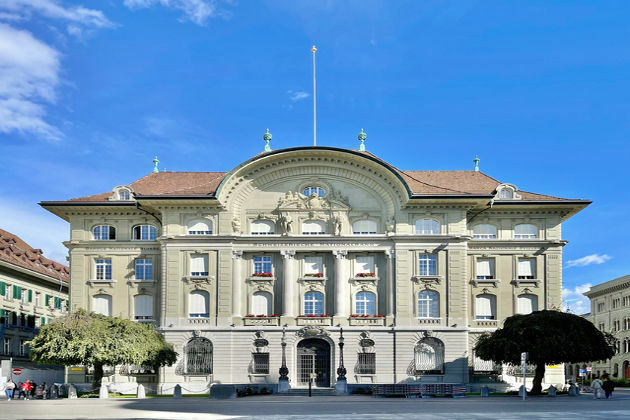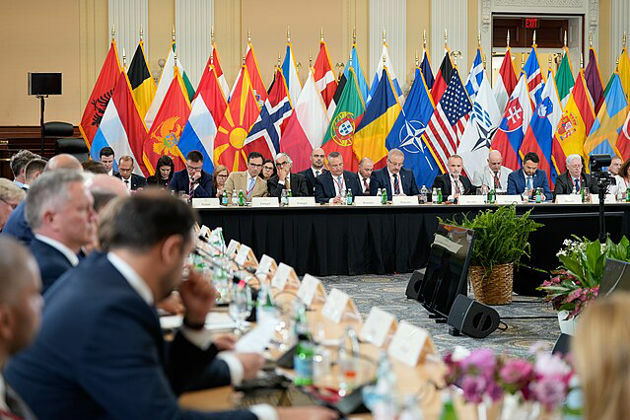Analysts: Spate of Disappearances in China Sends Warning to Taiwan
Voice of America
12 Nov 2019, 00:36 GMT+10
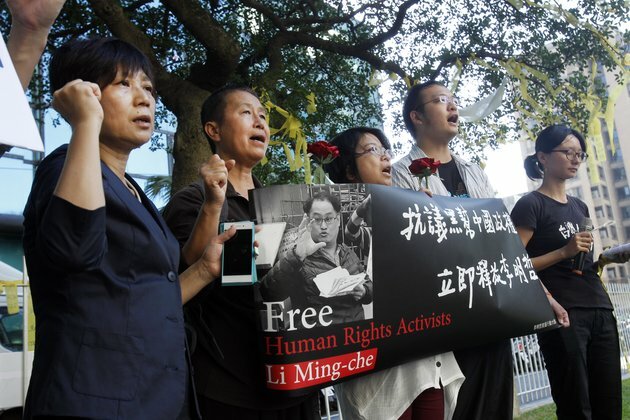
TAIPEI, TAIWAN - Amid tensions with Taiwan, China appears to be flexing its political muscle by capturing a growing number of Taiwanese for suspected political crimes, say analysts.
At least four people have vanished since 2017 on suspicion of spreading information that offends Chinese leaders, according to local media reports and Taiwan government officials.
Hundreds of thousands of Taiwanese invest in China but lack foreign diplomatic protection because the two governments do not get along.
Regional experts say these disappearances remind Taiwanese academics, merchants and investors to avoid spreading word of their homeland's democracy to China, including on social media, where firms such as China-based messaging app WeChat make it easier than ever to spread views among Chinese citizens. These users are at risk of being caught by authorities who can check internet traffic.
"I think basically it's an intimidation strategy. Taiwanese people are very easily intimidated," said Shane Lee, a retired political science professor from Chang Jung Christian University in Tainan, Taiwan. "I would think that fewer and fewer people would venture into China in the future. They are scared."
China sees Taiwan as part of its territory, but more than 80% of Taiwanese have told government surveys in Taipei this year they prefer autonomy over Beijing's goal of unification. China ended formal talks in 2016, because Taiwanese President Tsai Ing-wen rejects its dialogue precondition that both sides fall under the same flag.
And Taiwan and China have no diplomatic relations, making it hard for Taipei to intervene when someone is detained or arrested.
Four political disappearances since 2017
Taiwanese political activist Lee Ming-che was the first high-profile person to disappear over the past two years. He went missing in March 2017 after arriving in the Chinese territory Macau. In November that year, a Chinese court sentenced him to five years in prison for subverting state power.
At the time of his disappearance, people who knew him said Lee had used a social media group to spread democratic ideals among mainland Chinese.
In August of this year, Taiwanese local government volunteer Lee Meng-chu went missing after distributing photos he had taken of Chinese troops near Hong Kong. Anti-China demonstrators feared at the time China would start a paramilitary crackdown against their protests that had broken out in June.
The Chinese government's Taiwan Affairs Office said in September that Lee Meng-chu was being investigated on suspicion of endangering national security.
Taiwanese media said separately in September that Tsai Chin-shu, the head of a private Taiwan-China exchange association, had gone missing in China for 14 months. He was reportedly being held there for national security reasons.
The latest case involves a retired Taiwanese university professor, Shih Cheng-ping, who has been out of contact with family and former colleagues since August 2018, per local media reports. He may have been detained in Beijing this past June or July for similar reasons, some media outlets reported this month.
The Taiwan government's Mainland Affairs Council says it is investigating this case.
That council says 149 Taiwanese have gone missing in China since 2016, although political cases make up just a slim number.
Fear of politics, courts
The council says it warns citizens about China since its legal system is "very different from Taiwan or other international democracies."
China may be inventing the charges, which will erode trust in the Chinese legal system, some analysts say.
"Whether the criminal activities are made up or they are fabricated in order for the mainland government to pursue a political agenda, I think that's more of a legal issue," said Yun Sun, East Asia Program senior associate at the Stimson Center research group in Washington. "That's why people don't trust the mainland legal system. It does not generate that fair trial."
Officials in China do not publicly link national security cases to politics. The government in Beijing has instead created 47 special incentives, including 26 announced last week, to make it easier for Taiwanese residents to get set up in China for business, work or study. Analysts describe those measures as China's effort to merge the two sides economically, consistent with its unification goal.
Chinese officials are more likely to be harsher on suspects who sympathize with the Tsai government in Taiwan, Shane Lee said. Whoever they may be, they will worry now about being detained for anything, possibly with no immediate reason given, he said. Some scholars, he added, are already avoiding travel to China.
Authorities in China have been detaining Taiwanese over national security for more than just Tsai's presidential term and the actual number of cases since 2017 may exceed four, said Andy Chang, China studies professor at Tamkang University in Taiwan.
But when the authorities catch people with links to Taiwan's more China-friendly political opposition, or with strong connections within China, they are more likely to handle the cases in ways that do not alarm people in Taiwan, Chang said. Under former Taiwanese President Ma Ying-jeou, China would notify the other side, for example. Ma's government had fostered closer ties with Beijing.
"If it's these so-called pan-green and deep green people, once they're detained they lack a channel for communication or understanding, therefore they go through the Mainland Affairs Council or Straits Exchange Foundation or to the media," Chang said.
The term "green" refers to Taiwanese who favor today's ruling party and greater autonomy for Taiwan rather than closer China ties. The foundation is a de facto consular office.
"They use these channels hoping to create pressure on Beijing," Chang said.
 Share
Share
 Tweet
Tweet
 Share
Share
 Flip
Flip
 Email
Email
Watch latest videos
Subscribe and Follow
Get a daily dose of Irish Sun news through our daily email, its complimentary and keeps you fully up to date with world and business news as well.
News RELEASES
Publish news of your business, community or sports group, personnel appointments, major event and more by submitting a news release to Irish Sun.
More InformationInternational
SectionTrump goes on social media to announce Israel-Iran ceaeefire
WASHINGTON DC, - U.S. President Donald Trump has claimed a ceasefire has been reached between Israel and Iran. He made the claim on...
Confused bot named Alyssia replaces human response on Iranian phones
DUBAI, U.A.E.: British Iranians living in the U.K. are taken aback when they try to reach their families in Tehran on the phone and...
Brazil’s ex-president accused of leading illegal spy operation
BRASILIA, Brazil: Former Brazilian President Jair Bolsonaro is accused of playing a key role in an illegal surveillance operation orchestrated...
Critics say Özdağ case aims to silence Erdogan opponents
ANKARA, Turkey: A Turkish far-right politician went on trial Wednesday, facing charges of inciting public hatred—an episode critics...
Assisted dying bill clears key hurdle in UK Parliament
LONDON, U.K.: In a landmark moment for Britain, lawmakers in the House of Commons have voted in favour of legalising assisted dying,...
International law no longer a priority among Western leaders
Western support for Israel's right to strike Iran backs up a pattern of pre-emptive violence that critics say is further eroding international...
Europe
SectionIreland’s Deputy PM confirms return of evacuated nationals
DUBLIN, Ireland: Fifteen Irish citizens and their dependents have been evacuated from Israel due to the heightened state of alert over...
Dublin Airport given two years to fix passenger limit breach
DUBLIN, Ireland: Dublin Airport has received a warning for going over its allowed number of passengers. As part of a rule set by...
Critics say Özdağ case aims to silence Erdogan opponents
ANKARA, Turkey: A Turkish far-right politician went on trial Wednesday, facing charges of inciting public hatred—an episode critics...
Europe eases rates as Fed holds and Trump threatens tariffs
ZURICH, Switzerland: A wave of central banks across Europe surprised markets last week by lowering interest rates, responding to easing...
Swiss National Bank responds to strong franc and US trade doubts
ZURICH, Switzerland: The Swiss National Bank (SNB) lowered its key interest rate to zero percent on June 19 to respond to falling inflation,...
The Hague faces lockdown for global leaders' meet
THE HAGUE, Netherlands: The city that prides itself on being a beacon of peace and justice—home to institutions like the International...

